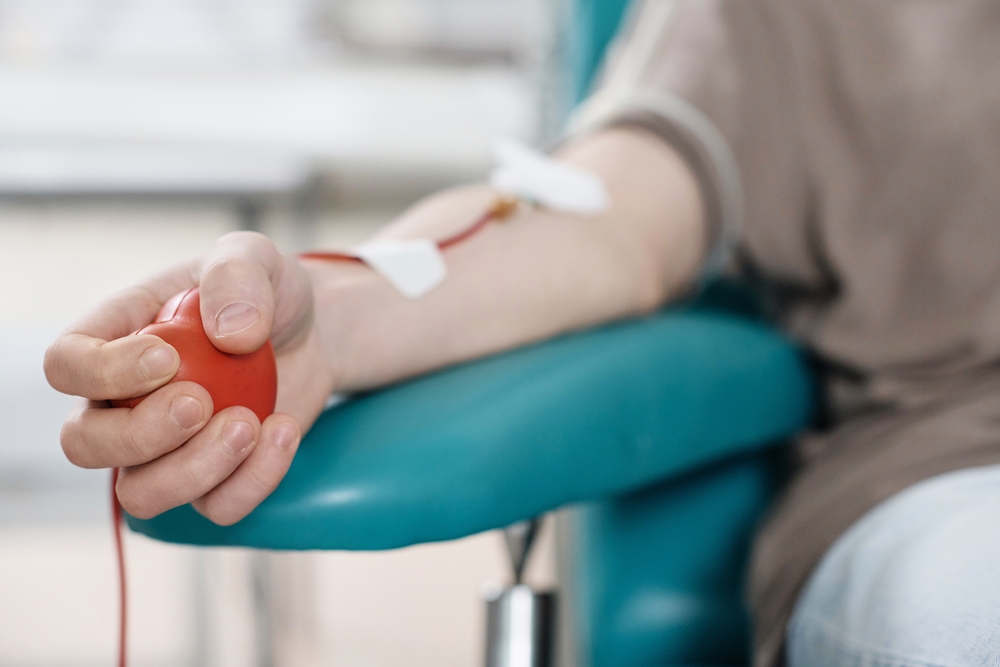This is a development that could pave the way for producing universal ABO blood for transfusions.
Others are reading now
Researchers from Sweden and Denmark have achieved a significant scientific breakthrough that could revolutionize blood transfusions.
Produce Universal Blood
In a study published in Nature Microbiology and cited by Digi24, scientists successfully removed A and B antigens from the surface of red blood cells.
This is a development that could pave the way for producing universal ABO blood for transfusions. This advancement also holds promising implications for organ transplants.
The compatibility of blood types between donors and recipients is crucial in medical procedures. Matching blood types based on ABO antigens on red blood cells and antibodies in plasma is essential to prevent potentially fatal reactions during transfusions.
Also read
Potential of Gut Bacteria
The team from Lund University in Sweden and the Technical University of Denmark discovered that enzymes produced by the gut bacterium Allermansia muciniphila can convert A and B blood types into type O. This is achieved by degrading specific substances on the surface of the red blood cells.
This discovery opens the door to the production of universal ABO blood, which could significantly enhance the safety and availability of blood transfusions.
The study highlights the potential of gut bacteria as valuable sources of enzymes for creating universal blood.
If this method proves successful in clinical trials, it could be particularly beneficial for individuals with type O blood, who are limited to receiving only type O blood due to the presence of reactive antigens on other blood types.


